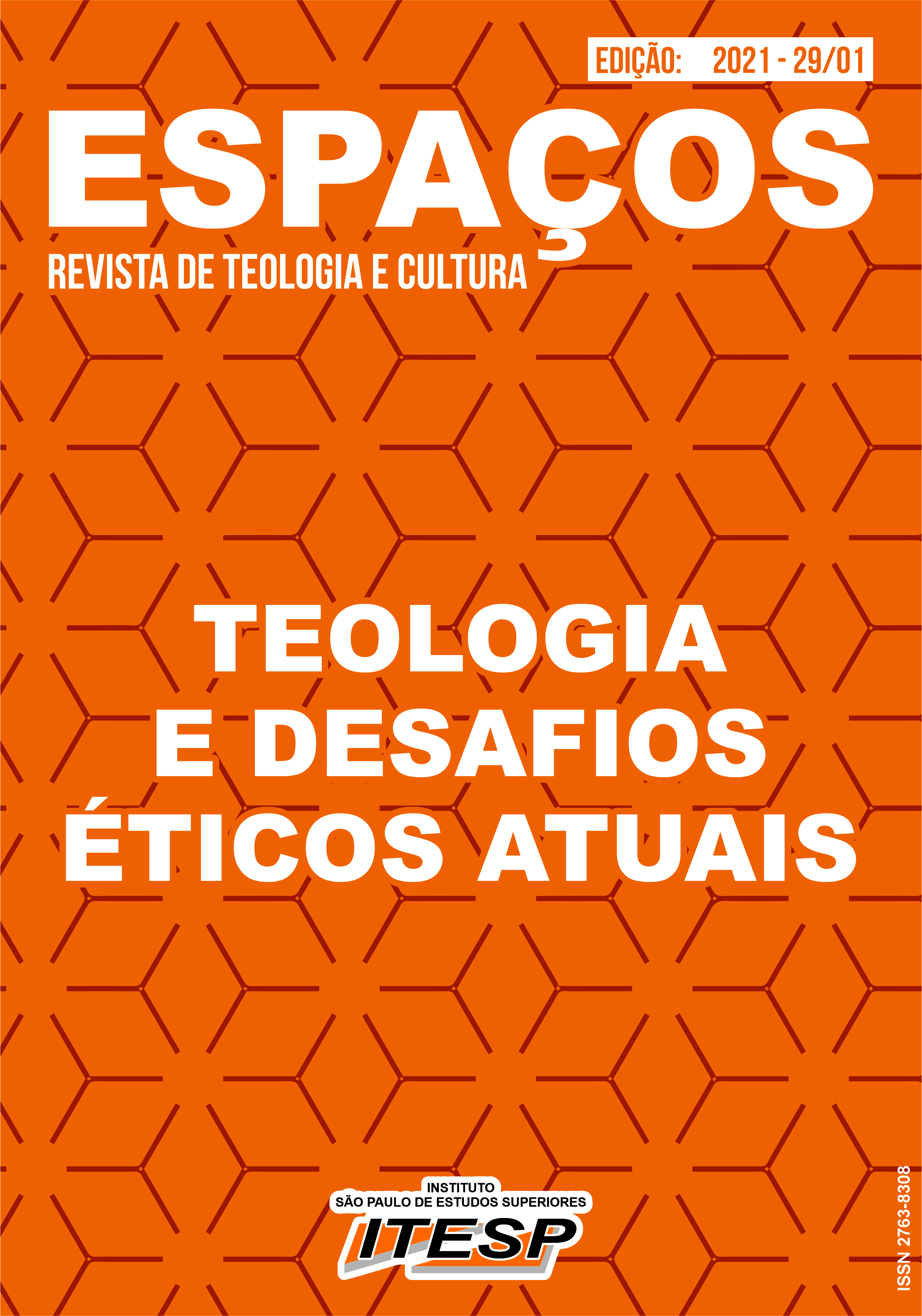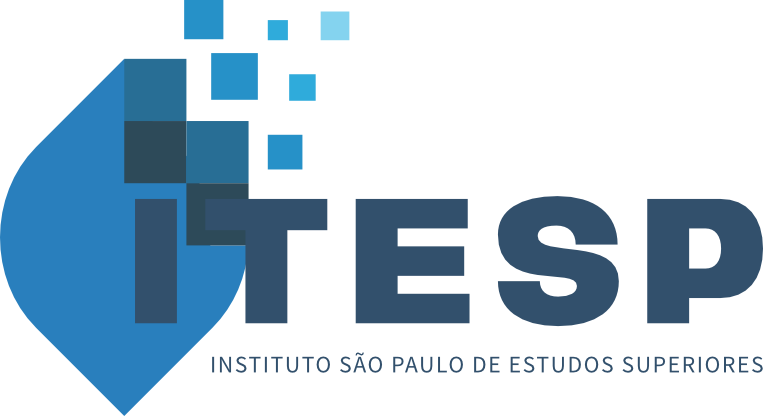COVID-19’s theological and ethical challenges
Keywords:
vulnerability, fake News, fundamentalism, mystasy, responsibility, ecology, ethics, citizenshipAbstract
In this text, the author reflects on the pandemic of COVID-19 as something that tests not only public health, but institutions, scientific knowledge, people and common interests and brings up the concept of vulnerability and other ethical issues. In the wake of this pathogen others appear, such as the fake news virus, fundamentalist and apocalyptic speeches, profit at the expense of the suffering of others, the upsurge of mystasy due to the social abyss caused by poverty, medical dilemmas (as they have to choose who lives and who dies, due to the collapse in the health system), the violation of the principle of responsibility, the increase in violence and intolerance towards the "others" and the minorities, and the corporatism of rich countries on liberating the vaccine for poor countries. From these elements, the ethical lessons that can be learned from the pandemic emerge: the care for a planet hurt by the lack of care, that a virus can be more lethal than a war, solidarity, the development of citizenship, volatilization of the concept of security, taking care of Oikos and valuing science based on ethics. The learning of this time and its application in our common home will make a big difference in the future.
Downloads
References
ANDERSEN, K. G.; RAMBAUT, A.; LIPKIN, W. Ian. et al. The proximal origin of SARS-CoV-2. Nature Medicine (2020). Disponível em: <https://doi.org/10.1038/s41591-020-0820-9>.Acesso em 21 mar. 2020.
CAMUS, Albert. La peste. Milano: Bompiani, 1997
DOS ANJOS, M.F., A vulnerabilidade como parceira da autonomia. Revista Brasileira de Bioética 2/2, 2006,181.
MORIN, E. Ciência com Consciência. Rio de Janeiro: Bertrand Brasil, 2002.
NEVES, M.P. Sentidos da vulnerabilidade: característica, condição, princípio. Revista Brasileira de Bioética 2/2, 2006, 158.
NINIS, A. B.; BILIBIO, M. A. Homo sapiens, Homo demens e Homo degradandis: a psiquê humana e a crise ambiental. Psicologia Social 24/1 (2012) 46-55. Disponível em: <http://www.scielo.br/scielo.php?script=sci_arttext&pid=S0102-71822012000100006&lng=en&nrm=iso>. Acesso em 21 mar. 2020.
ORGANIZACIÓN MUNDIAL DE LA SALUD, Preguntas y respuestas sobre la enfermedad por coronavirus (COVID-19). Disponível em: <https://www.who.int/es/emergencies/diseases/novel-coronavirus-2019/advice-for-public/q-a-coronaviruses>. Acesso em: 17 mar. 2020.
ORGANIZACIÓN MUNDIAL DE LA SALUD, «Vigilancia mundial de la infección humana por el nuevo coronavirus (2019-nCoV): orientaciones provisionales», 31 de enero de 2020. Disponível em:<https://apps.who.int/iris/handle/10665/330859>. Acesso em 17 mar. 2020.
PISELLI, Brenda. Scienza e religione ne La peste di Camus». In: Studi Francesi 179 [LX /II] (2016) 233-245. Disponível em:<http://journals.openedition.org/studifrancesi/4265>. Acesso em: 21 mar. 2020.
REICH, W.T., Vulnerabilità.In:Enciclopedia di Bioetica e Sessuologia, a cura di Giovanni Russo (1817), Elledici, Leumann 2004.
ROCCI L. Trauma. In:Vocabolario greco-italiano, SEDA/SESL, Roma 195611, 1849.
ROMIZI R., Greco antico: vocabolario greco-italiano etimologico e ragionato, Zanichelli, Bologna 2007, 1329.
SARDAR, R.; SATISH, D.; BIRLA, S.; GUPTA, G. Comparative analyses of SAR-CoV2 genomes from different geographical locations and other coronavirus family genomes reveals unique features potentially consequential to host-virus interaction and pathogenesis. Disponível em:<https://www.biorxiv.org/content/10.1101/2020.03.21.001586v1>.Acesso: 22 mar. 2020
SEIXAS, Raul. O dia em que a terra parou. Disponível em: <https://www.youtube.com/watch?v=yYtx_QnSRaQ;https://www.vagalume.com.br/raul-seixas/o-dia-em-que-a-terra-parou.html>.Acesso em 21 mar. 2020.
SONIS, A. Atención individual y atención colectiva. In: TEALDI, J. C. (dir.) Diccionario latinoamericano de bioética. Bogotá: UNESCO - Red Latinoamericana y del Caribe de Bioética-Universidad Nacional de Colombia, 2008, pp. 69-70.
SOUZA SANTOS, B. Vírus: tudo o que é sólido se desfaz., Público, 18 de março de 2020, 24. Disponível em:<https://www.publico.pt/2020/03/18/mundo/opiniao/virus-solido-desfaz-ar-1908009>. Acesso em 21 mar. 2020.




